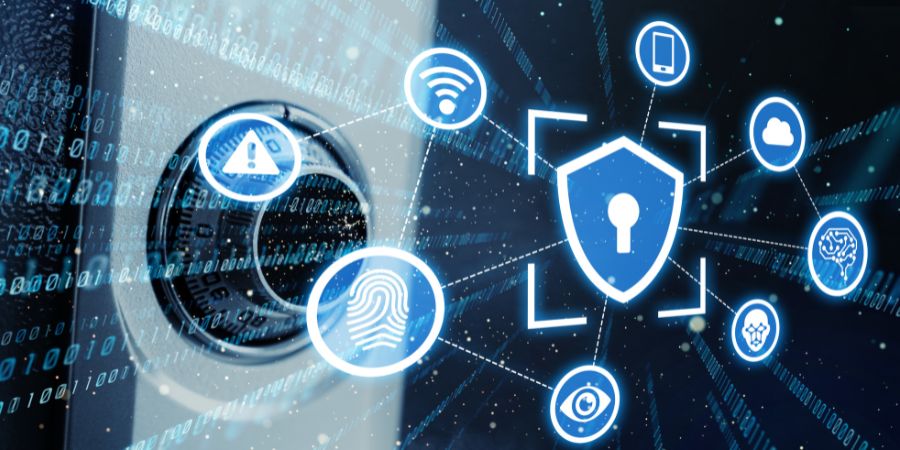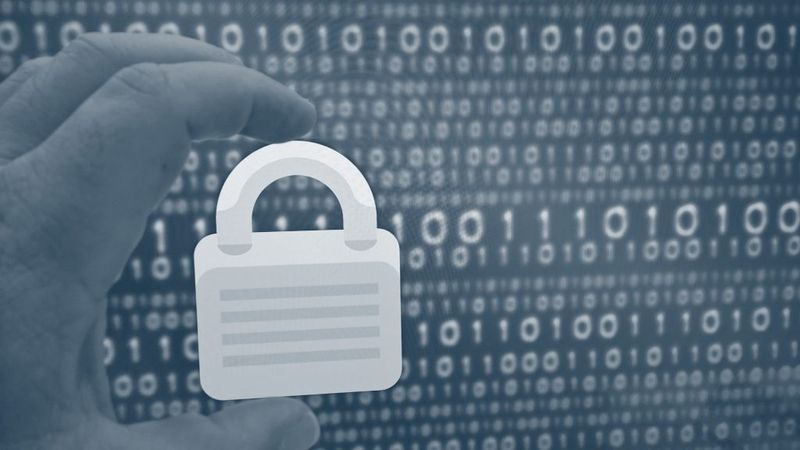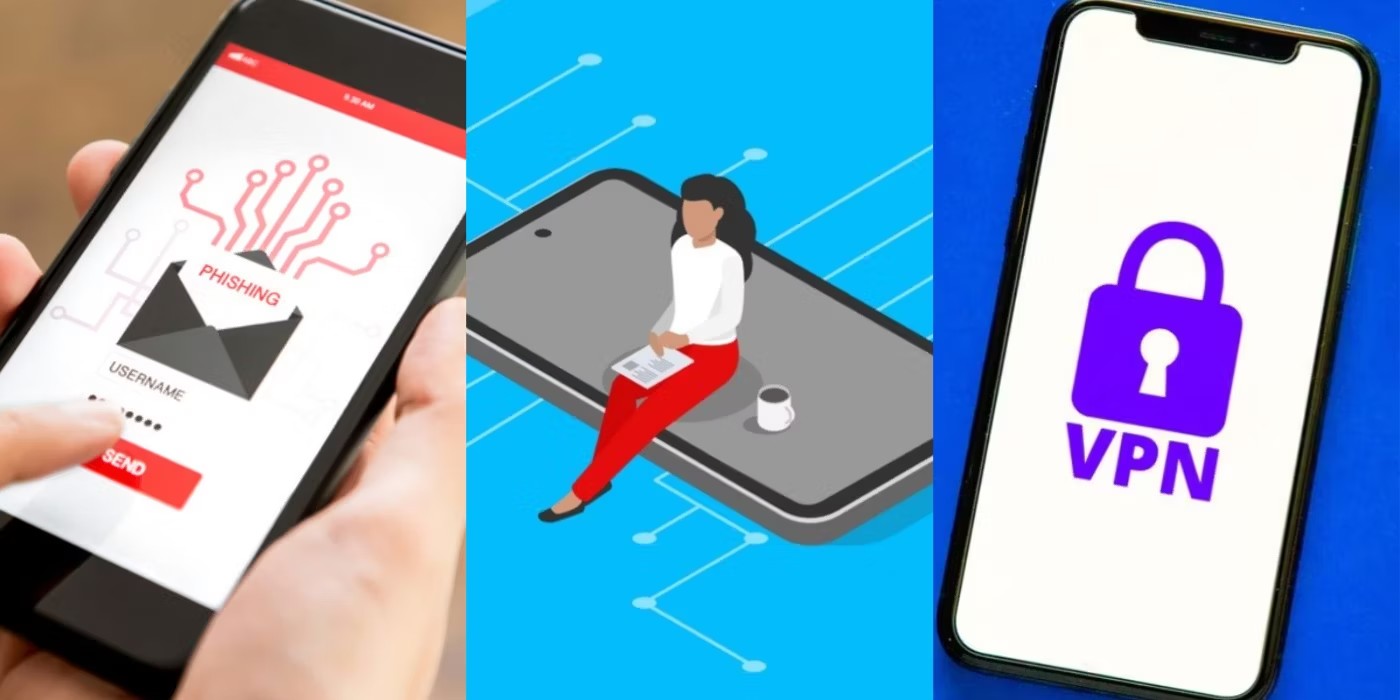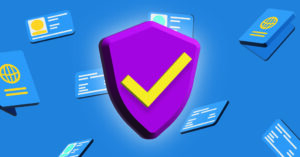In an era where our smartphones are filled with countless apps, it’s essential to choose apps that prioritize user privacy. With the increasing concerns about data breaches and unauthorized data collection, selecting secure and privacy-focused apps is crucial. In this article, we will explore tips for choosing apps that prioritize privacy, including indicators of secure apps, transparent data practices, encryption protocols, and adherence to privacy regulations. By following these guidelines, you can make informed choices when downloading and using apps, ensuring your data remains protected.
Transparent Data Practices

When selecting an app, it’s vital to consider how the app handles your data and whether it follows transparent data practices. Here are some key points to look for:
- Privacy policy: Check if the app has a privacy policy that clearly outlines how it collects, uses, and shares your data. A comprehensive privacy policy demonstrates the app developer’s commitment to transparency.
- Data collection and usage: The privacy policy should explicitly state what data is collected and how it is used. Look for apps that collect only the necessary data and have a legitimate purpose for doing so.
- Third-party sharing: Determine if the app shares your data with third parties. If it does, the privacy policy should disclose the types of third parties involved and the purpose of sharing the data.
By choosing apps that have transparent data practices, you can make more informed decisions about how your data is handled and ensure your privacy is respected.
Encryption and Security Protocols

Encryption plays a crucial role in protecting your data from unauthorized access. When selecting apps, pay attention to the following encryption and security protocols:
- Transport Layer Security (TLS): Look for apps that utilize TLS, a cryptographic protocol that ensures secure communication between your device and the app’s servers. This protocol encrypts data transmission, making it harder for attackers to intercept or manipulate the information.
- End-to-End Encryption (E2EE): E2EE is a robust encryption method that secures your data throughout its journey, from sender to recipient. It ensures that only the intended parties can access the data, even if intercepted by hackers or service providers.
- Encryption for stored data: Find out if the app encrypts your data when it’s stored on their servers. This adds an extra layer of protection, making it more challenging for unauthorized individuals to access your data in case of a data breach.
Opting for apps that implement strong encryption and security protocols can significantly enhance the privacy and security of your data.
Adherence to Privacy Regulations

Responsible app developers prioritize user privacy and comply with privacy regulations. Here’s what to consider:
- General Data Protection Regulation (GDPR): If you’re in the European Union or dealing with apps that target EU citizens, ensure the app complies with GDPR regulations. GDPR enforces strict rules regarding data protection, consent, and user rights.
- Privacy Shield Certification: For apps that transfer data between the European Union and the United States, look for Privacy Shield certification. This certification ensures that the app adheres to specific privacy principles when handling EU personal data.
- App permissions and user control: Check if the app respects your preferences regarding data collection and permissions. Apps that provide granular control over permissions and allow users to customize privacy settings demonstrate a commitment to user privacy.
Choosing apps that prioritize user privacy and comply with privacy regulations helps safeguard your data and ensures that your rights as a user are respected.
User Reviews and Reputation
User reviews and the app’s reputation can provide valuable insights into its privacy practices. Consider the following:
- User reviews and ratings: Read app reviews to see what other users say about the app’s privacy practices. Look for positive feedback regarding privacy features, data security, and transparent data practices.
- App reputation and track record: Investigate the app developer’s reputation and track record. Have there been any reported incidents of data breaches or privacy violations? A developer with a history of prioritizing user privacy is more likely to offer a secure app.
- Independent security audits: Some apps undergo independent security audits or certifications. Look for apps that have been audited by reputable security firms or have received industry-recognized certifications for their security and privacy practices.
Considering user reviews and the app’s reputation can provide valuable insights into its commitment to privacy and help you make more informed choices.
Conclusion
In conclusion, selecting apps that prioritize privacy is vital in safeguarding your personal data. By considering indicators of secure apps, such as transparent data practices, encryption protocols, adherence to privacy regulations, and user reviews, you can make informed decisions when downloading and using apps. Remember to stay vigilant, regularly review privacy settings, and keep your apps updated to maintain a high level of privacy and security. Share your own tips and experiences in the comments below to contribute to the dialogue on app security and privacy. Together, we can create a safer digital environment for all users.






